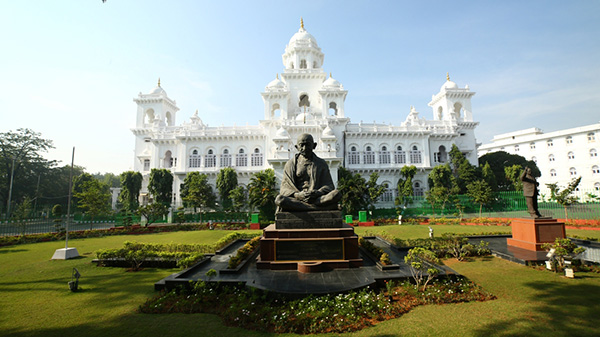Agriculture & Climate Change: Aligning Small Farmers

Last week I spoke on this topic at the Global Forum on Food & Agriculture, Berlin. These were the broad talking points I had jotted down for myself:
- All of us know the three dimensions of agriculture vis-à-vis climate change
- That agriculture is a part of the problem, causing climate change through Green House Gas emissions (methane from flooded paddy fields & ruminants like cows, nitrous oxide from the soils, CO2 from fossil fuels used in farm equipment etc)
- That agriculture is also one of the most vulnerable sectors impacted by climate change (fall in productivity due to changing weather patterns)
- And, that agriculture can be an important part of the solution to climate change (through emission reductions, carbon sequestration, increasing soil organic matter etc)
- At a macro level, what needs to be done to produce abundant food that is safe, healthy and climate friendly also seems to be reasonably well known!
But, unlike in other sectors, the key actors that need to implement these solutions are hundreds of millions of small farmers spread around the world.
- The challenge of aligning the small farmers to climate change issues is four fold!
- Bringing relevant information to farmers living in dispersed geographies, especially where the supporting infrastructure is weak
- Personalising the sustainable crop & livestock management practices to individual farmer circumstances, and then transferring that knowledge
- Coordinating availability of all inputs like credit, water, seeds, risk management instruments etc, so that the new knowledge is actually adopted by everyone
- And, most importantly, providing a financial incentive to the individual farmer when he has a difficult trade-off between today’s cost and tomorrow’s benefit, or between individual effort and common good
- There is a solution to this apparently complex challenge. In fact, it is practically demonstrated through our company’s innovative business model named ITC eChoupal; that reaches four million small farmers inIndiatoday.
Although Information Technology is the most known face of ITC eChoupal, the model has three equally important components.
- Firstly, leveraging Internet and increasingly Mobile phones so that real time information and personalized knowledge can reach the small farmers in an audio visual mode
- Secondly, co-opting social capital through user groups that can help equitable distribution of common resources like water; also helps in accessing indeigenous knowledge and in conducting participative research
- Thirdly, a collaborative network of organizations working together to bring a complete end-to-end solution to the farmer through a meta-market approach
- With this approach, I am confident that we can align small farmers in the war against climate change. This alignment will happen faster, if the international community creates a fair reward system for farmers recognizing their contributions to climate change mitigation (eg carbon sequestration activities and bio-based energy services)










